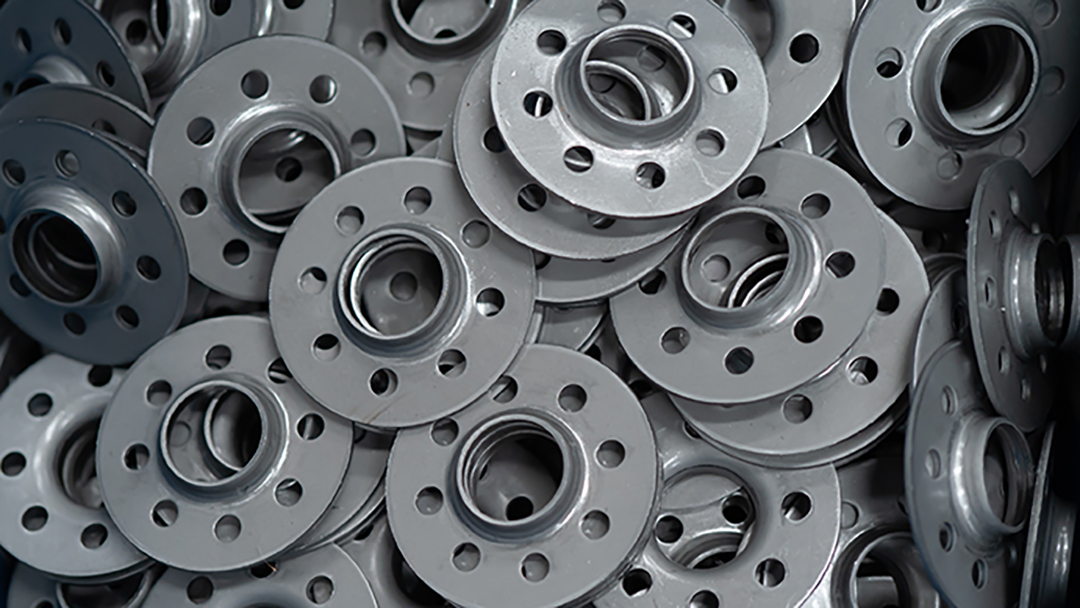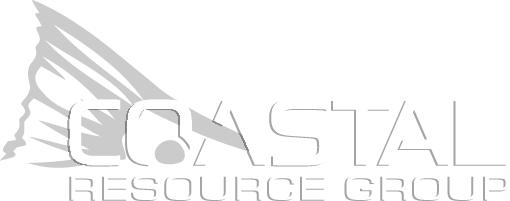When selecting components for industrial piping systems, choosing appropriate flanges is a critical decision. The proper flange ensures safe connections, reduces leaks, and facilitates easier maintenance operations. There are many flange types, each suited for specific applications, pressure ratings, and operational demands. A clear understanding of these industrial flanges can streamline operations and extend the longevity of your infrastructure.
Basics of Flanged Connections in Industrial or Marine Settings
Flanged connections are used to securely attach pipes, valves, pumps, and other equipment. They consist of a flange, gasket, and bolting, working together to create a sealed connection that prevents leakage. Flanges offer a way to connect equipment easily while allowing convenient access for inspection, maintenance, and repairs without needing extensive downtime.
Factors to Consider in Flange Selection
Selecting the right flange for your piping system is essential for ensuring safety, efficiency, and reliability in industrial operations. With many industrial flange types available, understanding the specific demands of your application is crucial. By thoroughly evaluating key aspects of your system’s operation, you can choose flanges that enhance performance and reduce potential risks and maintenance downtime.
Below are several key factors to consider when choosing a flange for your industrial application:
- Pressure Ratings: Matching the flange to the pressure demands ensures reliable performance and safety.
- Temperature Conditions: Material selection should account for thermal expansion, corrosion resistance, and temperature variations.
- Material Compatibility: Flange materials must align with the pipe and gasket materials to avoid galvanic corrosion and other integrity issues.
- Pipe Size and Dimensions: Properly matching flange dimensions to pipe sizes ensures secure sealing.
- Accessibility for Maintenance: Certain flange types make it easier to disassemble piping systems for routine inspections and maintenance tasks.
Industrial Flange Types and Their Applications
Industrial flange types vary widely, each tailored to specific conditions and operational demands. Understanding how each flange performs under pressure, temperature, and maintenance scenarios helps businesses select optimal solutions. The right flange enhances safety, streamlines maintenance, and improves operational reliability. Below are the primary flange categories and their practical applications within industrial settings:
Threaded Flanges
Threaded flanges, also called screwed flanges, attach directly to pipes with external threading. They’re ideal for smaller, low-pressure applications and instances where welding is impractical or risky, such as hazardous or flammable environments.
- Pressure capacity: Low
- Commonly used for smaller pipe sizes
- Ideal for situations where welding is not feasible
Slip-On Flanges
Slip-on flanges slide directly over the pipe. These flanges are simple to install and cost-effective, usually requiring two welds: one internal and one external. Their straightforward design and ease of alignment make slip-on flanges popular in lower-pressure industrial applications.
- Pressure capacity: Low to moderate
- Cost-effective installation
- Ideal for water lines and moderate-pressure process lines
Socket Weld Flanges
Socket weld flanges are designed for high-pressure, smaller-diameter piping systems. The pipe inserts into the flange’s socket, and a single external fillet weld secures the connection. A small gap between pipe and flange allows thermal expansion, preventing weld failure from heat stresses.
- Pressure capacity: Moderate to high
- Primarily used in hydraulic and steam systems
- Suitable for systems that don’t convey highly corrosive fluids
Lap Joint Flanges
Lap joint flanges are versatile and economical, used primarily in systems requiring regular disassembly for cleaning or maintenance. Paired with stub ends, these flanges offer easy rotation for precise alignment. They do not directly touch the fluid, allowing frequent reuse and durability in non-extreme conditions.
- Pressure capacity: Low to moderate
- Designed for easy disassembly and cleaning
- Commonly used in low-pressure chemical and water piping systems
Weld Neck Flanges
Weld neck flanges feature a long tapered neck, welded directly to the pipe, providing superior structural integrity. Their design evenly distributes stress, significantly reducing the likelihood of leaks and failures. Weld neck flanges are commonly employed in severe service conditions with high pressures and temperatures.
- Pressure capacity: High
- Optimal for severe conditions involving fluctuations in pressure and temperature
- Frequently used in oil, gas, and petrochemical industries
Blind Flanges
Blind flanges serve as seals or closures for piping systems, effectively stopping fluid flow at an endpoint. They facilitate safe maintenance operations, equipment removal, or pressure testing without draining the entire system. Blind flanges offer exceptional versatility and are easily installed or removed by bolting.
- Pressure capacity: High
- Useful for system maintenance and safety testing
- Effective for temporarily or permanently sealing piping systems
Flange Facing: Importance and Selection
The flange face is critical to ensure a secure, leak-free connection between piping components. It determines the placement of the gasket and directly impacts the sealing efficiency of the system. Selecting the appropriate flange facing is vital for maintaining structural integrity and preventing leaks, particularly in high-pressure or high-temperature environments. Different applications require specific flange faces to ensure compatibility and performance.
The three primary flange face types are outlined in the table below, along with their key characteristics and common applications:
| Flange Face Type | Key Features & Benefits | Typical Industrial Applications |
| Raised Face (RF) | Concentrates gasket pressure to improve sealing; most common flange face type | Chemical plants, oil and gas pipelines, and general industrial use |
| Flat Face (FF) | Prevents stress-induced cracks during bolt tightening; compatible with cast iron | Low-pressure water lines, cast iron equipment, and water utilities |
| Ring-Type Joint (RTJ) | Designed for extreme pressures and temperatures, or metal-to-metal sealing without traditional gaskets | High-pressure oil and gas systems, severe environments, and petrochemical processing |
Flange Materials and Their Applications
The selection of flange materials directly impacts the safety, reliability, and longevity of industrial piping systems. Different operational environments, including corrosive fluids, high pressures, or extreme temperatures, demand specific flange materials. Matching the correct material to your application reduces the risk of failure, lowers maintenance costs, and supports consistent performance. Below are common flange materials with their typical industrial applications:
- Carbon Steel: High strength, widely used in the oil and gas industries.
- Stainless Steel: Resistant to corrosion, ideal for chemical processing and corrosive fluid handling.
- Aluminum: Lightweight, corrosion-resistant, optimal for lightweight piping systems.
- PVC and Plastic Flanges: Cost-effective, chemical-resistant, primarily used in water treatment and agriculture.
Gaskets and Sealing Solutions for Flanges
Gasket selection directly impacts the reliability of flange connections in industrial piping systems. Using the correct gasket material ensures effective sealing, prevents leaks, and supports optimal performance. The table below summarizes common gasket materials and their typical applications:
| Gasket Material | Key Properties | Typical Applications |
| EPDM | Good resistance to weather, ozone, and water | Water systems, outdoor applications |
| Nitrile | Effective with petroleum-based fluids and oils | Oil, fuel, and hydraulic systems |
| Neoprene | Resistant to seawater, oil, and chemicals | Marine, chemical processing, and oil industries |
| Silicone | Superior performance at extreme temperatures | High-temperature applications, HVAC, and automotive |
Reliable Industrial Flange Solutions from Coastal Resource Group
Coastal Resource Group provides efficient and reliable industrial flange solutions designed to meet diverse project requirements. With an extensive selection of flange types, gasket materials, and pipe fittings, Coastal ensures prompt delivery and seamless operations for industries such as oilfield, petrochemical, and refining along the Texas Gulf Coast. Our dedicated sales team is available 24/7, offering personalized support to keep your operations productive and to minimize downtime.
Get in touch with us today for fast, dependable service tailored to your industrial flange and pipe fitting needs.


